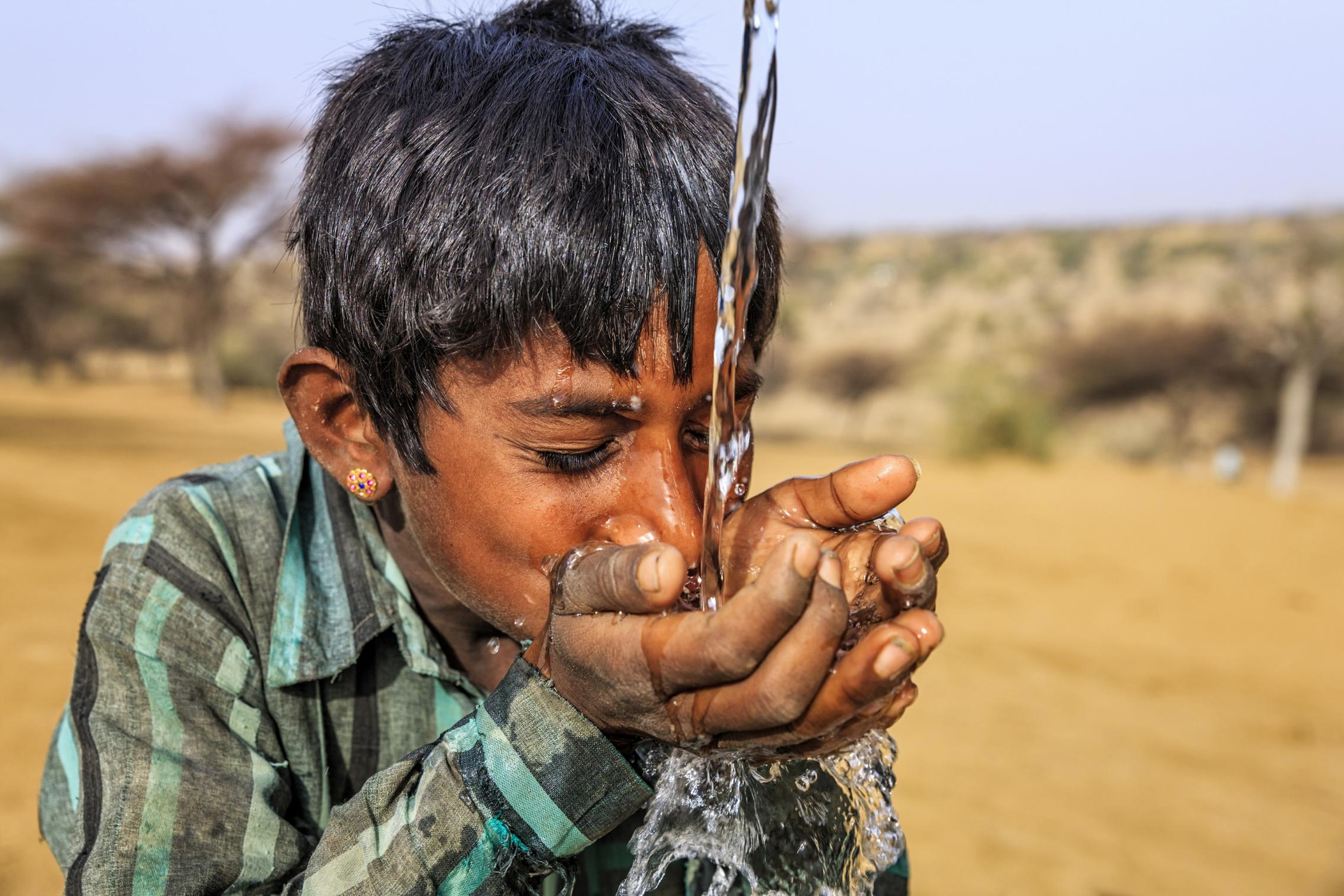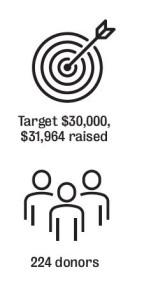Our crowd steps up for families in Rajasthan

The University of Adelaide entered the dynamic world of crowdfunding in 2017. Thanks to the generous response of our University community, more than 1,000 families in India’s north-west will have the capacity to maintain a reliable supply of life-sustaining pure drinking water.
Conducted on the online platform Pozible during November, the campaign aimed to raise $30,000 to fund the development and supply of self-assembled water purification kits for 1,000 households in Rajasthan, a sister state of South Australia. $32,000 was raised, ensuring the life-saving project will go ahead in 2018.
According to project lead Dr Cris Birzer, Director of the University’s Humanitarian and Development Solutions Initiative, and a senior lecturer in the University’s School of Mechanical Engineering, it’s an incredibly exciting achievement.
We’re absolutely thrilled with this result. I can’t thank our supporters enough. All our research costs are now covered, and we’ll be able to produce and install the full complement of kits for Rajasthani families. It’s estimated around 1.5 million people worldwide, predominantly children, die from drinking contaminated water every year. So this is an important step towards reducing that toll.Dr Cris Birzer

Papua New Guinea. Employing a clever combination of sunlight, gravity and readily available low-cost basic materials, the kits in their current form can produce up to 10 litres of pathogen-free water per day and the design enables affordable local replication.
However, in Rajasthan they must perform another critical function. “In addition to pathogens, Rajasthan’s water also contains heavy-metal contaminants,” Dr Birzer explains. “So our first step will be to do some onsite assessments so that we can adapt the kits with appropriate, locally sourced filters. The Indian plant Moringa, for example, can be used to remove arsenic from contaminated water, so could be mixed into a sand filter as a simple addition.”
Dr Birzer will be going to India in autumn and the team has also started discussions with key personnel in Chennai (South Eastern state of India), and interested parties in Nepal to further the work. “Once we are confident that the Rajasthan project will be sustainable, then we can start to expand through India and Nepal.”
The Rajasthan campaign’s success has encouraged the University to seek crowdfunding for a number of other high-impact research and development initiatives. Keep an eye on our various social media channels throughout 2018 to learn how you can get involved.
Inspired by this story? To discuss how you can support future crowdfunding campaigns, please get in touch with the Development team on +61 8 8313 5800 or development@adelaide.edu.au.
